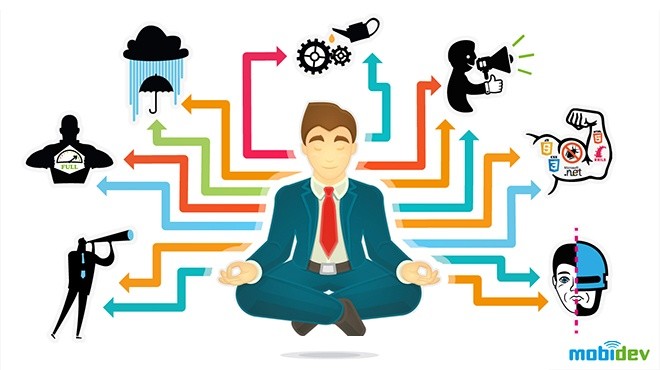In the rapidly evolving landscape of project management, artificial intelligence (AI) is emerging as a transformative force, revolutionizing the way projects are planned, executed, and delivered. AI-Based Project Management Software holds the promise of increased efficiency, streamlined workflows, and enhanced decision-making. This article delves into the key aspects of AI project management, exploring how this technology is reshaping the project management landscape.
- Automated Planning and Scheduling: One of the significant contributions of AI to project management is the ability to automate complex tasks related to planning and scheduling. AI algorithms analyze historical project data, identify patterns, and generate accurate forecasts. This enables project managers to make informed decisions about timelines, resource allocation, and risk management, leading to more realistic project plans.
- Smart Resource Allocation: AI project management tools use advanced algorithms to optimize resource allocation. By considering team members’ skills, availability, and historical performance, AI can suggest the most efficient distribution of resources to ensure timely project completion. This not only maximizes productivity but also minimizes the risk of burnout and overallocation of resources.
- Real-time Monitoring and Reporting: AI enhances project managers’ ability to monitor progress in real-time. Through data analytics and machine learning, AI systems can detect deviations from the project plan, identify potential bottlenecks, and provide actionable insights. This proactive approach allows project managers to address issues promptly, preventing delays and ensuring project success.
- Risk Management and Predictive Analysis: AI’s predictive analytics capabilities empower project managers to assess and mitigate risks effectively. By analyzing historical data and identifying potential risk factors, AI can provide early warnings and suggest risk mitigation strategies. This proactive risk management approach improves the overall success rate of projects and minimizes the impact of unforeseen challenges.
- Enhanced Decision-making: AI equips project managers with advanced decision-making tools. By processing vast amounts of data, AI systems generate valuable insights that guide project managers in making strategic decisions. This not only reduces the reliance on gut feelings but also ensures that decisions are based on data-driven analysis, leading to more successful project outcomes.
- Collaboration and Communication: AI-driven project management platforms facilitate seamless collaboration and communication among team members. Chatbots and virtual assistants can automate routine communication tasks, allowing team members to focus on more strategic aspects of their work. This streamlined communication improves overall team efficiency and cohesion.
- Continuous Learning and Improvement: One of the strengths of AI is its ability to learn from experience. AI project management tools continuously analyze project performance data, learning from successes and failures. This iterative learning process allows the system to adapt and improve over time, providing project managers with increasingly accurate insights and recommendations.
Conclusion: AI project management is ushering in a new era of efficiency and innovation, transforming traditional project management practices. As organizations embrace AI-driven tools, they gain a competitive edge by delivering projects more effectively, reducing risks, and making informed decisions.
